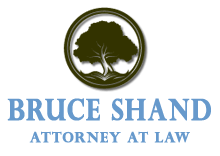Six Tips For Cutting Taxes In Your Salt Lake City Retirement
A lot of things change in retirement, and your taxes are one of them. But they don’t have to be so painful.
There are a lot of variables in play when it comes to budgeting for retirement, to include ever lengthening life-spans and ever increasing medical bills. No one said it would be easy. One variable you will not want to ignore is taxes and how they will affect you.
For some advice on how to make the finances last, and how to preserve wealth both for yourself and your heirs, be sure to read a recent article in Morningstar titled “6 Ways to Curb Taxes in Ret irement.”
The six ways? Roughly:
Tip 1: Diversify Your Assets by Tax Treatment
Tip 2: Consider a Roth Conversion–Even in Retirement
Tip 3: Get Savvy With RMDs
Tip 4: Mind State Taxes, Too
Tip 5: Bundle and Time Your Deductions
Tip 6: Avoid the ‘Tax Torpedo’ [i.e. Social Security tax payments]
After you have read the original article, consider your own finances, or those of your elderly loved ones. Retirement is an important stage in life and one requiring careful financial planning so you do not outlive your money. Taxes are a major threat to your retirement financial security.
How do your end-of-life finances coordinate with your plans for your estate? That is the next question, of course.
Reference: Morningstar (March 1, 2014) “6 Ways to Curb Taxes in Retirement






